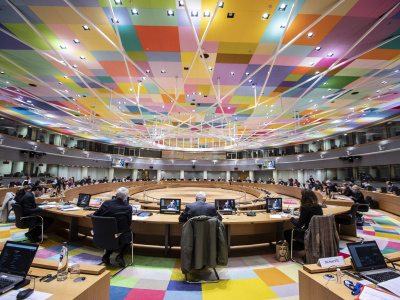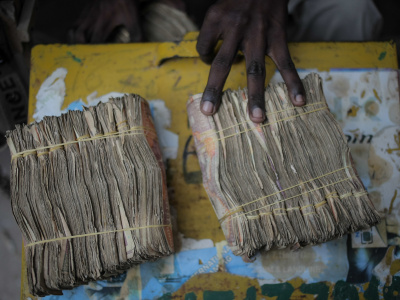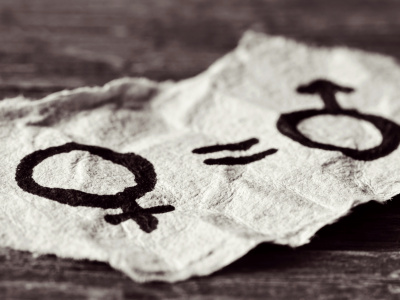
A gender-sensitive sustainable COVID-19 recovery: The role of development finance institutions
Pamella Eunice Ahairwe and San Bilal look at what development finance institutions, including multilateral development banks, can do to support a gender-sensitive economic recovery from COVID-19.
Summary
This paper looks at what development finance institutions (DFIs), including multilateral development banks, can do to support a gender-sensitive economic recovery from COVID-19.
2020 marks 45 years since the first conference on gender equality of 1975, which aimed at achieving gender equality, integration and full participation of women in development as well as in creating peace. Some progress has been achieved, but at the current snail’s pace, it will take at least 100 years to attain global gender parity.
The COVID-19 crisis has revealed and substantially widened the deeply ingrained gender inequalities, especially in developing countries. Women are more exposed to losing their jobs and being driven out of business. They face higher barriers to accessing finance while taking on a greater burden of unpaid care work, suffering domestic violence and failing to get basic health services for themselves and their households.
A sustainable COVID-19 recovery will not happen without a strong gender emphasis, in all its dimensions. DFIs have an important role to play in adopting a gender lens to their operations and incentivising their clients to do the same, seeking synergies with other international and local actors, both public and private. All DFIs should promptly endorse the 2X Challenge and Gender Finance Collaborative principles (or similar principles), and increase the transparency and monitoring impact of their gender lens endeavours. They should promote women’s access to finance and to sustainable energy and digitalisation and, with a gender lens, provide support to sectors such as health and agriculture and to micro, small and medium-sized enterprises.
Photo courtesy of Arne Hoel/The World Bank via Flickr




